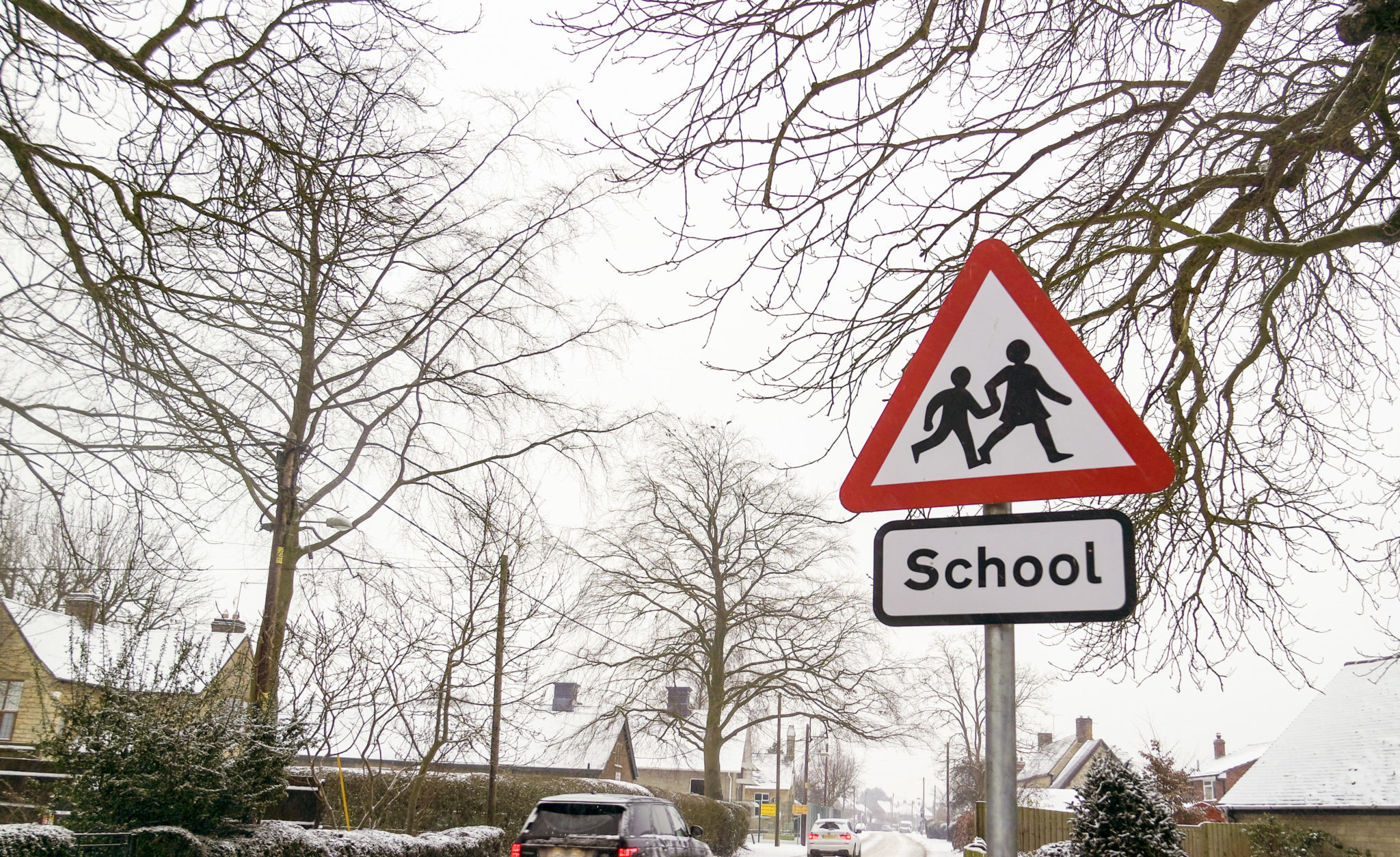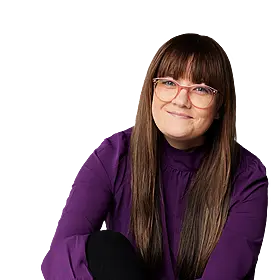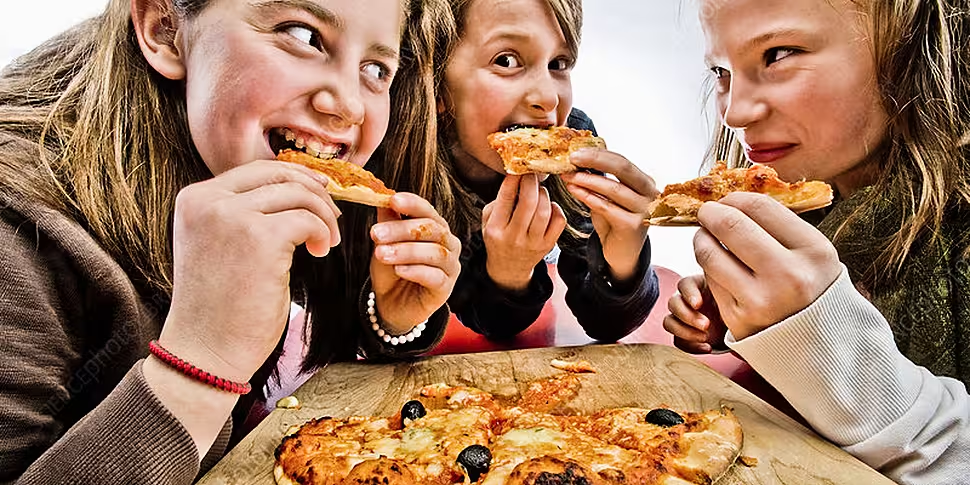On this week's 'Parenting' segment on the Moncrieff show, one listener sought advice about her daughter who has not made new friends at her secondary school.
Joanna Fortune, psychotherapist specialising in Child & Adult Psychotherapy, joined Moncrieff to answer this and other listeners' questions.
The question:
"I am very worried about my 14-year-old daughter. She hasn't made any new friends since starting secondary school and has clung to the two boys in her class from her primary school.
"Now that it is midterm she hasn't left the house and has no plans with any friends. I keep suggesting inviting them over or making a plan to hang out but she just shrugs her shoulders.
"The most I can get out of her is that she 'doesn't feel like it'. She is happy in her own company but I am worried for her. My friends meant so much to me at that age and I am afraid she is missing out and has no peers to confide in.
"I know starting secondary during COVID hasn't helped and it has been difficult to make new friendships. How would you suggest I approach it or should I just leave her be?"
Listen and subscribe to Moncrieff on Apple Podcasts, Google Podcasts or Spotify.
Joanna’s response:
“This parent captures it perfectly; put in the context of COVID, the forming of new friendships in secondary school has absolutely been interrupted for loads of kids.
“I’m struck by the language here that she has ‘clung to’ the two boys from her primary school class. ‘Clung to’ to me suggests a neediness - rather than it just being a reciprocal friendship that’s continuing.
“Now maybe it is, but if she’s clinging to them then they’re serving a purpose for her and she doesn’t want to have nobody… It might be that this needs a bit of time and it may well be worth linking in with her school year head and just saying, ‘Look I’m a little concerned we’re not seeing friendship formation at this stage like we would have expected. Maybe keep a gentle eye on her and just is there anything that we should be aware of?’
 File photo shows a school sign. Picture by: J Wakelin / Alamy Stock Photo
File photo shows a school sign. Picture by: J Wakelin / Alamy Stock Photo“Because one of the best ways at this age - and indeed any age - to form new friendships is shared interests and activities. And I would think that would apply both in and out of school.
“There may be some clubs or activities or sports that she can get involved in but also what is she interested in that you could get her connected with kids outside of school in your locality? So that she has like minded kids who have shared interests. That would be a great way to do it.
“But the other thing that really jumped out at me was, ‘How should I approach it? Should I just leave her be?’ And this parent saying, ‘My friends meant so much to me, I want what I had for her.’ And that’s such a normal, understandable parental want but your experience is not hers.
“She is telling you that she is happy in her own company. She’s telling you she’s okay. She does have these two boys from primary school. And to some extent I really do want you to take her at her word and believe her - unless her words are telling you one thing and her body language or overall mood or demeanor is telling you something else. Then of course you would listen to that.
“But you can help her in terms of just raising her capacity for socialisation, for connection and you could do that in ways like inviting her to go see a movie with you. ‘Will you come for a walk, let’s sit here and grab a hot chocolate and chat’ and say ‘hello’ to someone when you meet them.
“And you’re modelling good social skills. You’re modelling getting out there, getting involved, finding out a little bit more about what interests her and… not for a moment suggesting that as her mother that you can be a substitute friend but you can help and support with building up those friendship making and socialisation skills. And I think that might be the best approach here.”
Main image: Three teenagers eating pizza.









